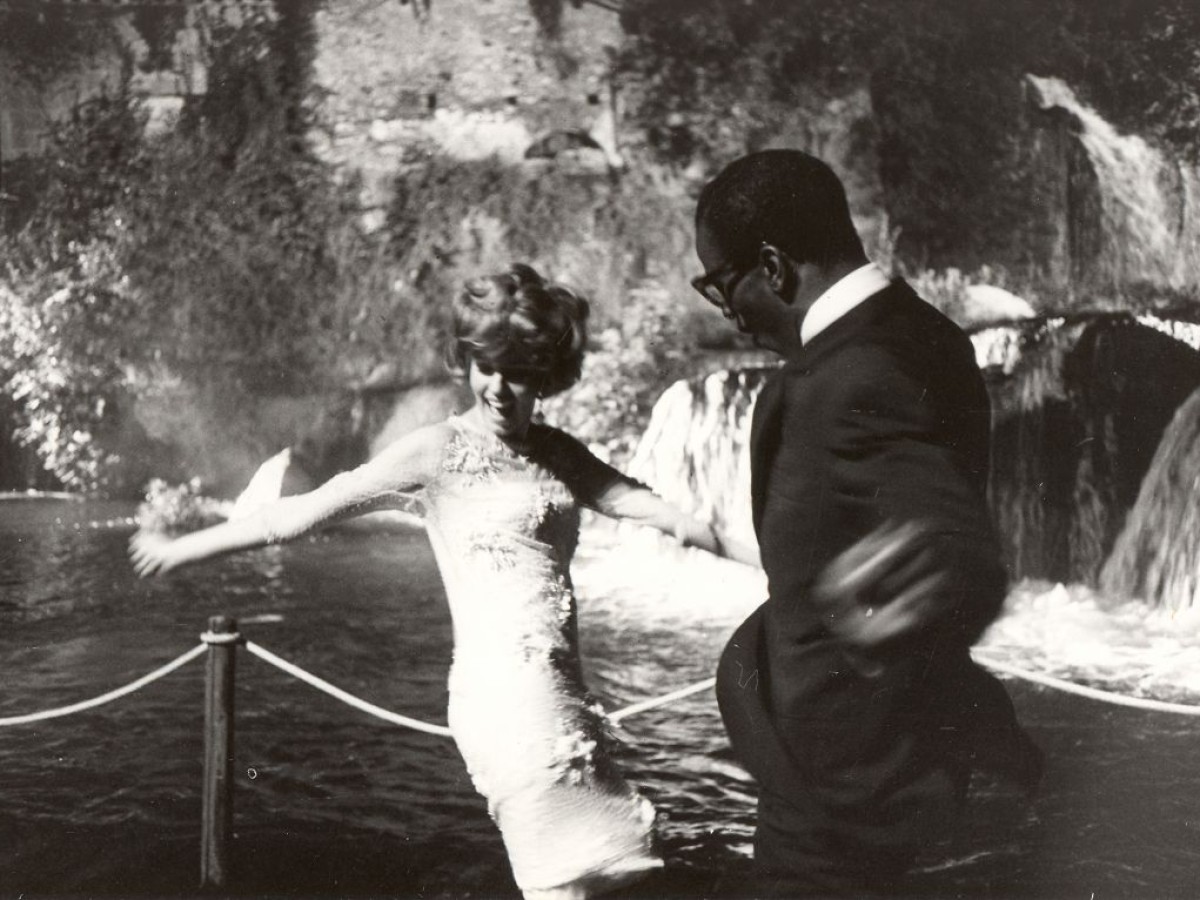Antonio Pietrangeli
January 10 to February 3, 2013
Antonio Pietrangeli (1919-68) was also a loner, but in a completely different way than his friend, Valerio Zurlini, with whom his work connects only posthumously: Zurlini finished Pietrangeli's last film, Come, quando, perché (1969), supervising the post-production and making sure that everything was done in the spirit of the deceased. On the very last day of shooting, after the last shot was in the can, Pietrangeli had drowned – a death scene that could have appeared in one of his films.
Pietrangeli started out studying medicine but turned to his first love at the very first opportunity: He became a film critic, writing for the magazines Bianco & Nero and, above all, for Cinema alongside Luchino Visconti, Gianni Puccini and Carlo Lizzani. This was the group around Giuseppe De Santis, and they all fought for a renewal of Italian cinema: for neo-realism. While Visconti and De Santis were soon able to direct and were already pioneers of the postwar cinema during the battles for Italy, Pietrangeli first concentrated on writing – screenplays. He participated in many key films of the period like Visconti’s La terra trema or Gioventù perduta by Pietro Germi, but also in several exquisite “outsider” works such as Quel fantasma di mio marito, a romantic fantasy, or Roberto Rossellini's sharp comedy with Totò: Dov'è la libertà ...?
It is important to remember here that Hollywood genre filmmaking was one of the central models upon which the Cinema group based their theory of neo-realism. The pronounced film noir bent of Gioventù perduta or the reshuffling of fantasy and screwball comedy in Quel fantasma di mio marito both owe a debt to this breeding ground. And Pietrangeli would stay true to it even in his directing work, regularly clarifiying social and human relations through strong genre elements. Fantasmi a Roma (1961), for instance, tells the story of anxious ghosts and phantoms of the past; Marcello Mastroianni in the role of an heir must realize that it is impossible to escape the traditions of one's ancestors. The ending of the film, in which he returns to his usual table at the same restaurant day after day – to the great satisfaction of the ghostly waiters – is overwhelming and devastating.
The past weighs heavily on Pietrangeli's protagonists. Memories are always connected to pain. Again and again, his characters must learn that they are prisoners of their own circumstances – and the older they get, the more they are trapped inside this jail. In the magnificent La visita (1963), for example, a not-very-attractive couple finds that their past infatuations and love affairs stand in the way of their new relationship. The four touching heroines of Adua e le compagne (1960) cannot escape their whorehouse past as they try to heed Italy's new morality laws and start a restaurant business. One of Pietrangeli's masterpieces, lo la conoscevo bene (I Knew Her Well, 1965), tells the story of a young woman who believes in the boom era fantasy of riches through beauty. Or, more precisely, the film relates her story as told by those she has met; a few good but many evil people, all of whom are allowed to live on after the heroine has killed herself.
This is Pietrangeli's great theme: "She," who so many "know well," is done in by society's double standard of morality. The men of Il magnifico cornuto (1964) go crazy because their women want to be just as unfaithful as they are – or are these simply the nightmares of their own guilty souls? The young woman at the center of La parmigiana (1963) seems to drift from one man to the next, while in Come, quando, perché, the all-pervasive promiscuity has already turned into a boring parlor game and true love is the greatest catastrophe imaginable (except, maybe, the loneliness of the eternal bachelor, as portrayed by Alberto Sordi in Lo scapolo, 1955). Few other filmmakers were capable of describing the social, emotional and psychological costs of “modern life” in such devastating fashion as Antonio Pietrangeli. But he did so in the most popular language – lovingly and with extreme tenderness. In his work, comedy and drama are truly one.
The retrospective is organized in collaboration with Cinecittà Luce and the Italian Cultural Institute in Vienna.
Related materials
Program Valerio Zurlini - January 2013
